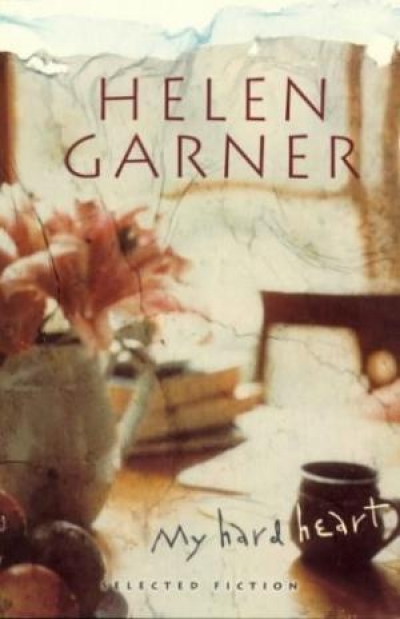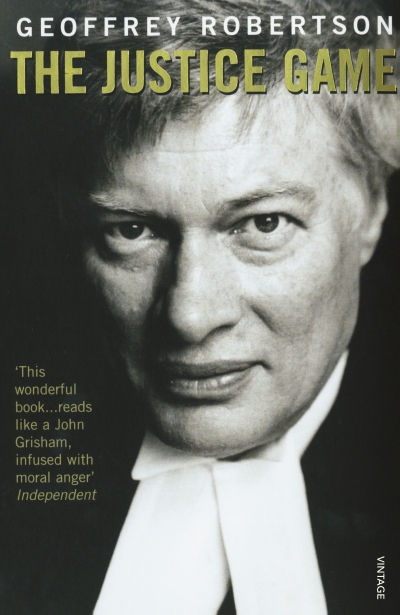Archive
Film | Theatre | Art | Opera | Music | Television | Festivals
Welcome to ABR Arts, home to some of Australia's best arts journalism. We review film, theatre, opera, music, television, art exhibitions – and more. To read ABR Arts articles in full, subscribe to ABR or take out an ABR Arts subscription. Both packages give full access to our arts reviews the moment they are published online and to our extensive arts archive.
Meanwhile, the ABR Arts e-newsletter, published every second Tuesday, will keep you up-to-date as to our recent arts reviews.
Recent reviews
State of mind: it’s a simple phrase but it is one which has always interested me. ‘State of mind’ is about what? Sets of feelings? Predispositions and moods? Or perhaps more it’s a term to do with the groove which thoughts regularly follow along. A state of mind is one which makes you respond in a particular way: you tend to act in a particular way; you have recurrent feelings.
The phrase interests me because it defines a feeling so intimate – so normal and everyday. Indeed, it is so intimate that it becomes difficult to say what a state of mind is. What are its boundaries? Where does it stop? Is this mind-set just mine or is it something to do with events out there, the latest news about the economy, the extravagant telephone bill which has just arrived, the relaxed feeling of walking along a beach, a recent argument, an enjoyable dinner party? For however influential and pervasive states of mind are, they are also fluctuating, amorphous things.
... (read more)Geoff Dutton was a man-of-letters who for many years made (with Max Harris) Adelaide seem one of the lively centres of Australian literary culture. One thinks of him in association with the magazines Angry Penguins, Australian Letters, and the original Australian Book Review, not to mention the inauguration of an Australian publication list for Penguin Books, and then, when that soured, the setting up of Sun Books, one of the most innovative of Australian publishing ventures at that time – which was in the difficult slough period of the 1950s and 1960s and into the 1970s.
... (read more)Sandstone Gothic: Confessions of an accidental academic by Andrew Riemer
My great-grandfather Robert had a beard, a pointed one, presumably grey. He stands in a sepia-coloured photograph, gazing steadily at the camera, leaning on a walking stick and wearing a grainy-looking overcoat. But these are only dimly recollected details: I have not looked at the relevant album for years. Much more vivid is the voice I never heard. It was transmitted by my mother, who is now also dead. Throughout my childhood my imagination was peopled by various characters, as she recalled their exact words, entertaining my sister and me as she herself had been entertained: by using remembered voices she recreated her past and created one for us.
... (read more)







